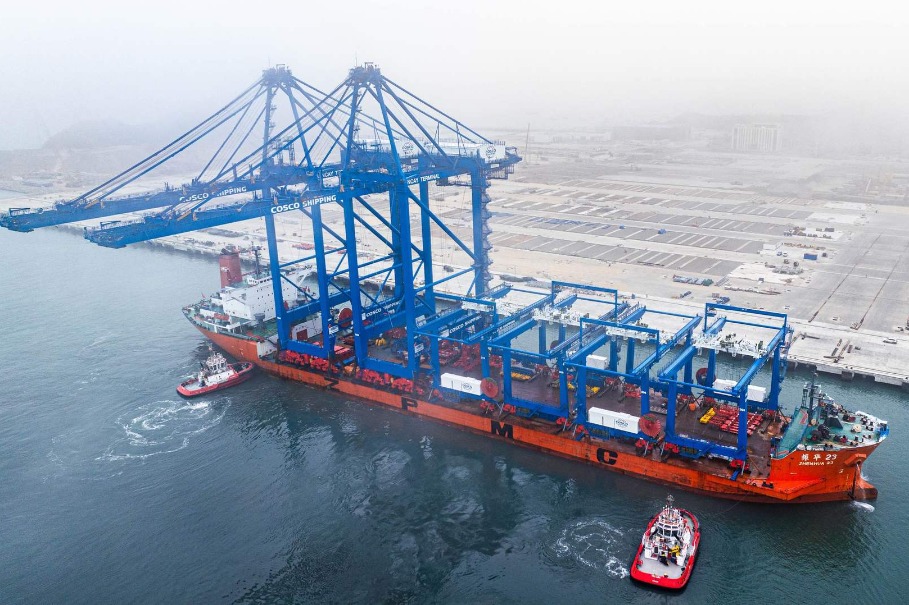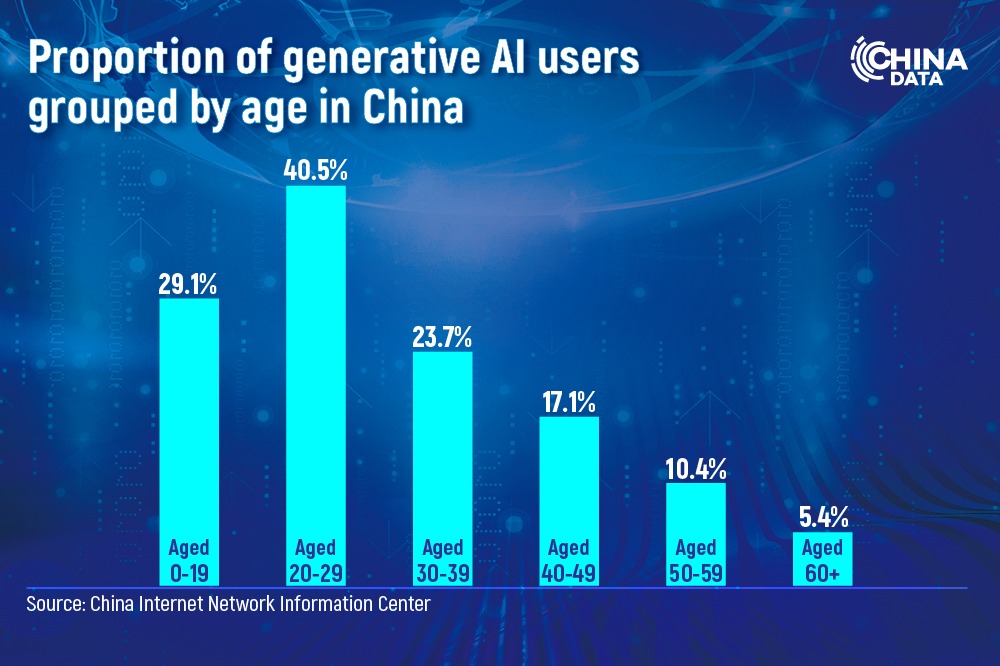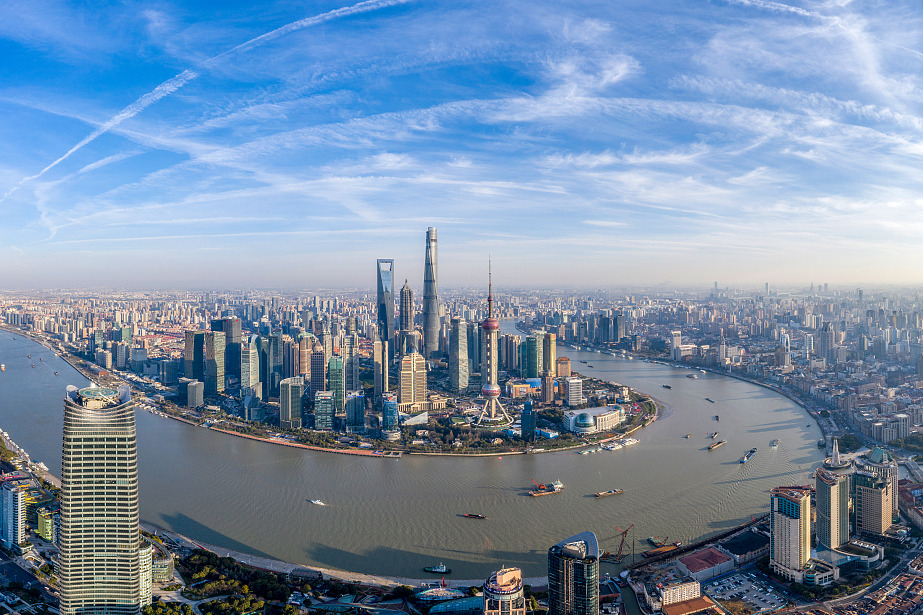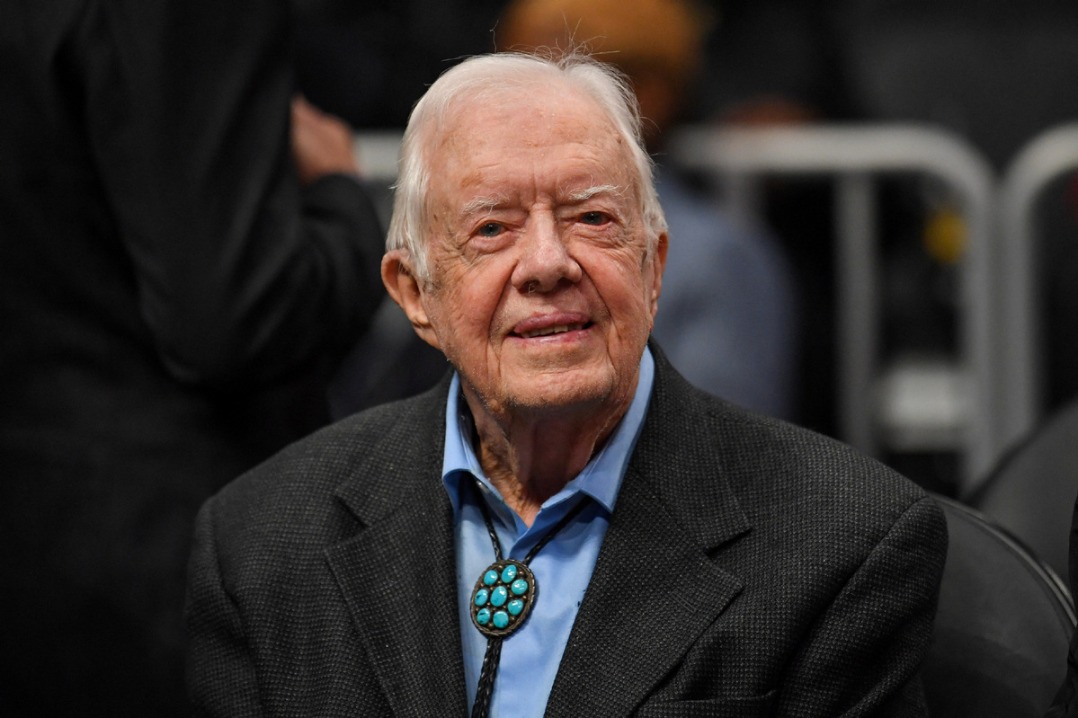Election mood should not mar Obama's trip


With the Republicans taking over both houses of the US Congress after the midterm election on Tuesday, President Barack Obama is going to Asia next week in a very different mood.
Obama will attend the APEC Economic Leaders' Meeting in Beijing, followed by a one-day meeting afterwards with top Chinese leaders. He will then head to Myanmar for the East Asia Summit and to Australia for the G20 conference.
Obama missed the APEC meeting and East Asia Summit last year due to the partial shutdown of the federal government. His absence caused deep suspicion about the United States commitment to the region, and the intentions behind its so-called pivot to Asia-Pacific strategy.
While the good news for Obama is that for a week he can finally flee his own country where he is facing mounting pressure and harsh criticism from both Republicans and his own party. (It must be heartbreaking for him to know that many of his fellow Democrats running in the midterm election had tried to distance themselves from him and his policy.)
The bad news, especially for China, is that Obama, under the double pressure of the midterm debacle and last year's cancellation of his Asia trip, will be eager to show that he is no lame-duck as many believe, thereby saying and doing things he normally would not.
For example, Obama might try to cash in on China's maritime territorial disputes with some of its neighbors to show the US is still the dominant power in the region. Senior US officials have often said different things when they are in Beijing compared with when they are in Tokyo, Manila or Hanoi.
The US pivot strategy has been viewed with deep suspicion among many Chinese. They see the strategy as unbalanced in favor of countries that have disputes with China.
Former US National Security Advisor Tom Donilon on Wednesday described the strategic part of the bilateral relationship between China and the US as the least developed. To many Chinese, the US' pivot back to Asia has been the culprit for the growing strategic distrust and tensions between the two countries.
Such suspicions about the US' intentions have increased with the attempts by the US to undermine China's efforts to push forward a Free Trade Area for Asia Pacific and the launch of the BRICS Bank and Asian Infrastructure Investment Bank. The US has even pressured Australia and South Korea not to join the bank despite the fact that it is being widely welcomed in the region.
It is highly likely that Obama might want to sound tough during his trip to China and other Asian nations. When Caroline Atkinson, Obama's deputy national security advisor for international economics, talked on Wednesday about Obama's economic agenda in China, she said repeatedly that Obama will be "pressing China" on this and that, everything from the exchange rate to cybersecurity. And she clearly believes that China's economic policy should be centered on US interests, not China's.


































